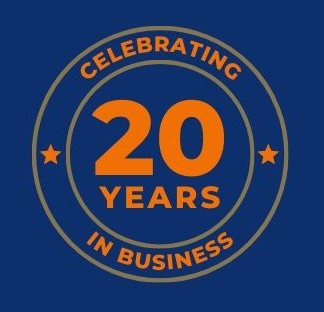Flexibility: Case Closed?
- 16 Aug 2017
Flexible working is now mainstream. Organisations that don’t embrace flexibility are seen to be archaic or worse. Most boards and CEO’s sing from the flexibility hymn sheet. Large ASX corporates have senior roles whose sole responsibility is “diversity” and “inclusion”.
There are compelling statistics to support it. Flexible working policies at Westpac mean 95 per cent of employees return after maternity leave. Think of all that corporate knowledge and capability that Westpac is retaining. It’s recognised at board level that flexibility is a strategic move not an employee benefit. It creates competitive advantage and improves staff attraction and retention rates. That’s got a bottom line impact. It’s not just PR fluff.
So, we can stop talking about flexibility, right? It’s already here. It pays for itself. You’re no longer on the “mummy career path” if you work flexibly. You don’t need to do the “walk of shame” if you leave early. The war has been won!
Or has it?
Recent research conducted by Philomena Leung, of Macquarie University talking to Chartered Accountants working in professional services shows respondents feel that flexible working retards career progression. Employees believe accessing flexible work schemes will lead to being bypassed for promotions, that their salaries will be lower, they won't get the most interesting work and they will get less respect within the firm. The survey shows that while flexibility is desired by almost all workers, there is an awareness that it can come at a price.
A recent survey drawn from the Australian Financial Review Business Leaders Panel showed that only 5.3 per cent of Leaders said that “working more should be rewarded”. So, if 94.7% of leaders are on board with flexibility why do employees think it’s a career killer?
Another recent survey in the AFR reveals the answer. “Forty one per cent (of leaders) felt that flexible working arrangements have disadvantages, complaining that it is difficult to ensure people are working when they are needed, to get people together for meetings, that collaboration suffers, some people are being privileged at the expense of others and “I can’t always shake the feeling that they’re slacking off”.
I think this is a truer representation of the state of the nation. While flexibility has almost universal support at CEO and board level, many managers don’t believe that roles in their team can be delivered as well by flexible means. The twist is that most often they are the ones making the hiring and promotion decisions.

